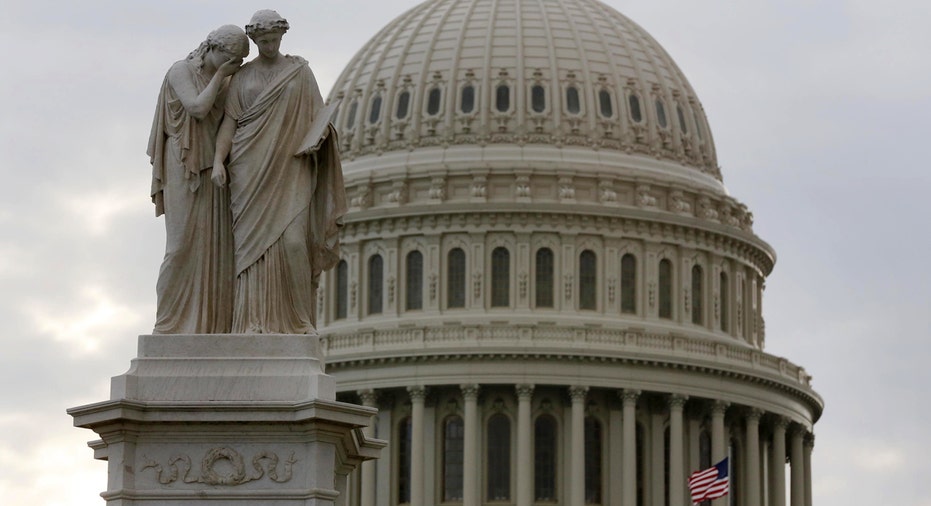House Attorneys Delay Probe into Congressional Insider Trading Case

The Securities & Exchange Commission’s probe into a major insider trading case connected to the House Ways & Means Committee is being stymied by the committee’s attorneys.
The Dept. of Justice and the SEC have been investigating allegations into whether a Wall Street research shop, Height Securities, was given information ahead of time by Congressional staffers about an imminent change to federal health policy.
Height had issued an alert to its clients less than an hour before the close of stock trading on April 1, 2013. The alert gave the heads up to clients that a government agency would soon make a policy change that would benefit large health-insurance companies, like UnitedHealth Group and Humana. Shares in both of those companies rose in and around the time when the alert was issued.
The case is a window into the controversial “political-intelligence business,” the close-knit web of lobbyists and policy shops who weigh in on legislative and regulatory changes, and their friends on Wall Street who can profit on that information. Congress had passed the “Stop Trading on Congressional Knowledge Act ("STOCK" Act), signed into law on April 4, 2012, to help fight this problem, another major step towards ethics reform.
A year after Height’s alert to clients, in May of 2014, the SEC issued subpoenas to the House Ways and Means Committee and Brian Sutter, a former senior staff member at Ways & Means. The SEC asserted it had evidence that Sutter “may have been a source,” including that he allegedly relayed information to a lobbyist at the law firm Greenberg Traurig LLP, who then allegedly tipped Height Securities about the health policy changes.
The SEC had filed suit in the U.S. District Court for the Southern District of New York to compel Ways & Means as well as Sutter to comply. But House attorneys have fought the SEC investigation. After the agency filed suit, the lawyers argued the case should be dropped because the First Amendment protects Congress and their staffers from such probes.
“Communications with lobbyists, of course, are a normal and routine part of Committee information-gathering,” they argued in a brief filed in July 2014. “Lobbyists present to Congress the views of various stakeholders regarding existing or potential legislation, and in that capacity, carry out a role contemplated by the First Amendment, i.e., petitioning the government for a redress of grievances. Any communications Mr. Sutter may have had with lobbyists – or any information he may have received from them—regarding the impact of the MA [Medicare Advantage] payment rates falls squarely within the realm of protected legislative information-gathering.”
But last month, U.S. District Judge Paul Gardephe rejected the House attorneys’ argument and sided with most of the SEC’s claims. He ordered Congress to comply with the subpoena within 10 days, noting the STOCK Act states Congress and its workers “are not exempt from the insider trading prohibitions arising under the securities laws.” However, Kerry W. Kircher, the House general counsel, filed an appeal to the Second Circuit before Thanksgiving, delaying the case, and the investigation.



















